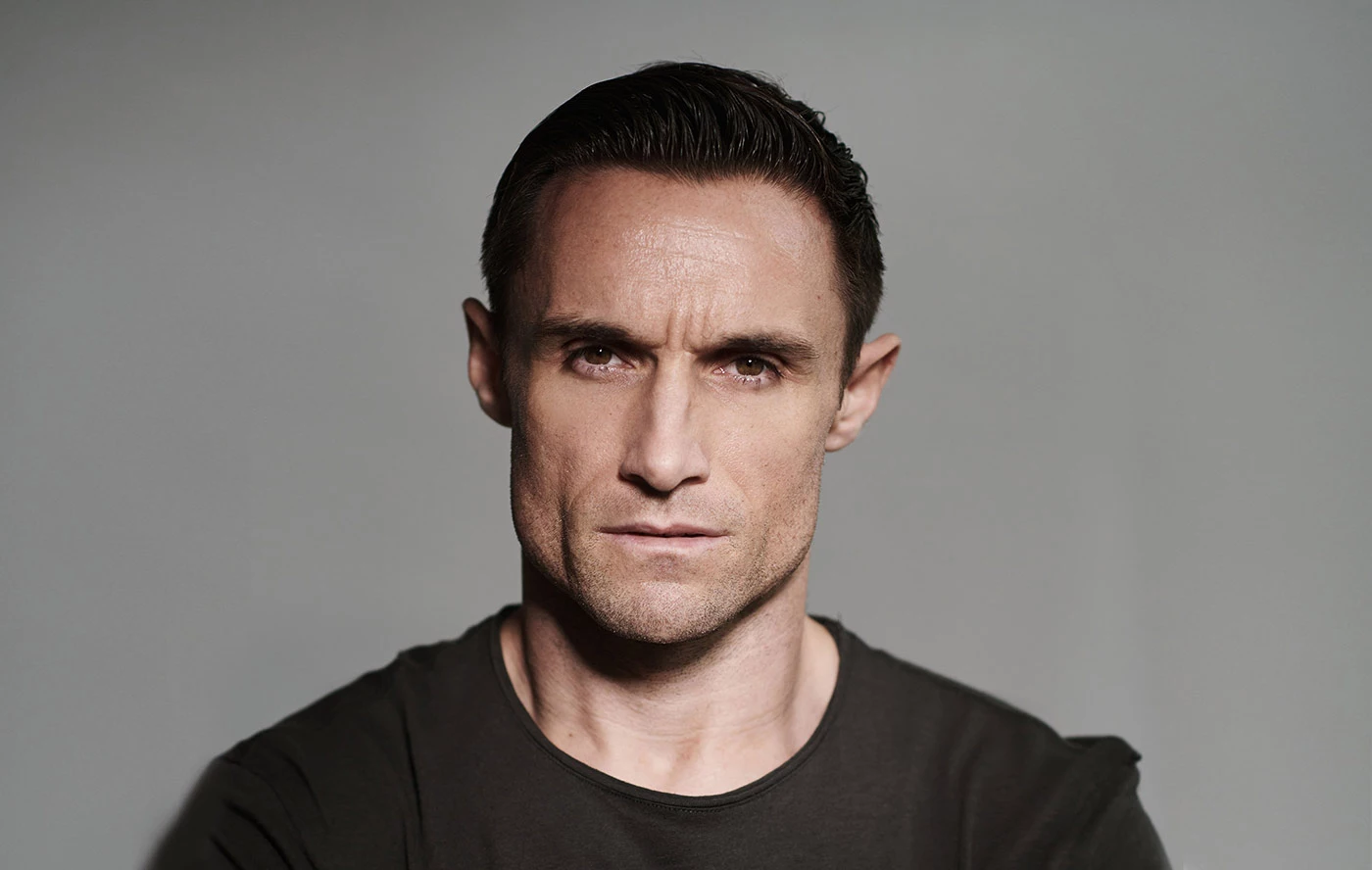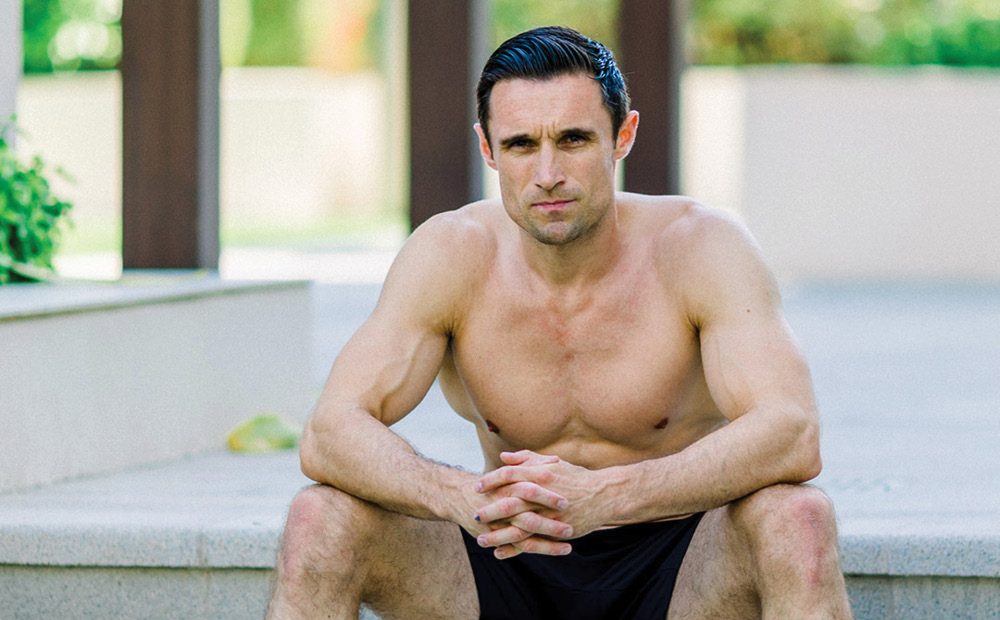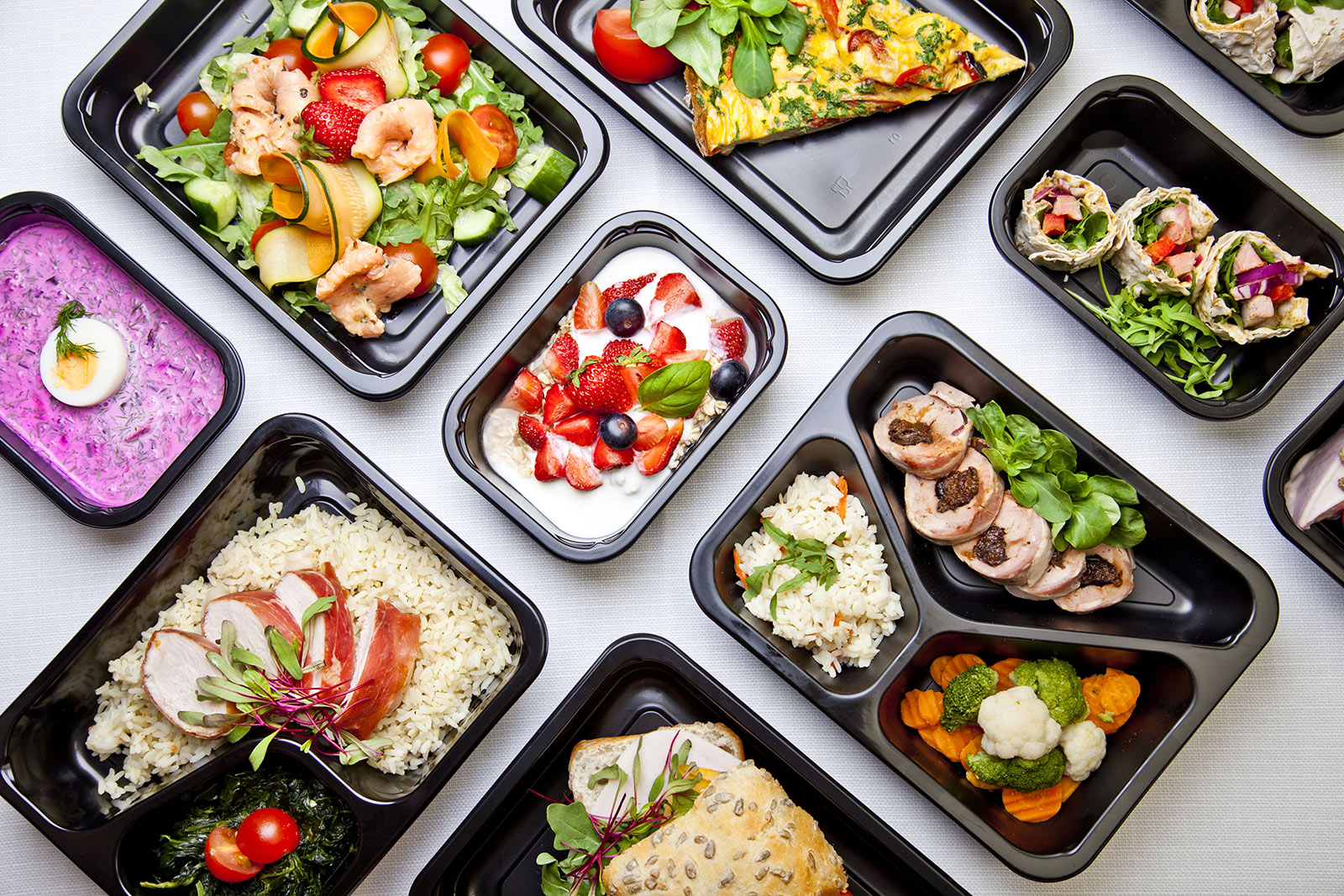A common story unfolds for many people embarking on a health and fitness journey: start a diet, see some progress, then lose motivation and revert to old habits. If you’ve been through this cycle, or if you’ve seen others fall into it, you know how discouraging it can be.
The issue often lies in the nature of diet plans themselves – they’re rigid, they’re restrictive, and they’re usually not sustainable. But what if there was a better way to approach nutrition, one that goes beyond traditional diet plans and focuses on long-term results?
Viktoriya, a successful business owner, found herself in this exact predicament until she discovered a program that changed her perspective entirely.
The Problem with Traditional Diet Plans
Traditional diet plans are often based on severe restrictions and rules. Whether it’s cutting out a certain food group or drastically reducing your calorie intake, these methods may lead to quick weight loss in the short term.
However, they’re not sustainable in the long term, leading to a cycle of losing and gaining weight. Moreover, the lack of nutritional balance in these diets can lead to negative effects on your energy levels, mood, and overall health.
As an entrepreneur’s coach and a lifelong health and fitness coach, I understand how easy it is to fall into the trap of a traditional diet plan – I’ve seen it time and time again in my clients before they joined the Built to Last program.
Nothing about an entrepreneur’s diet plan is ‘traditional’. The reality is that achieving and maintaining a healthy weight involves more than just following a strict diet plan. It requires a balanced and sustainable approach to nutrition that incorporates your lifestyle, personal preferences, and overall well-being.
Sustainable Nutrition: A Long-Term Approach
Sustainable nutrition is a long-term approach to eating and health that involves consuming a balanced diet and establishing healthy eating habits that can be maintained over time.
It’s about understanding the quality, quantity, and timing of your food and finding the best strategy that works for your lifestyle.
There are several ways to approach sustainable nutrition:
Protein and Calorie Targets: This approach involves tracking your protein intake and calories to ensure you are eating enough for your needs. It’s about building awareness and accountability.
Meal Plans: Having a set meal plan can help to ensure that you’re getting a balance of nutrients and maintaining a consistent eating pattern.
Outsourcing: Some people find success with meal prep companies or having someone in their household cook for them.
Habits and Guidelines: This is the pinnacle of long-term success where you focus on minimizing added sugars and ensuring adequate protein intake.
Viktoriya’s story exemplifies the power of sustainable nutrition. Before discovering this approach, she always struggled to maintain consistency with diet plans and was stuck in a cycle of losing and regaining weight.
She joined the ‘Built to Last’ program, which provided education, accountability, and consistency around sustainable nutrition. She successfully lost weight, boosted her energy levels, and improved her performance in business and personal life.
Tips for Achieving Sustainable Nutrition
Think Ahead and Plan: One of the keys to sustainable nutrition is to plan your meals in advance. This can help you maintain a balanced diet and avoid impulsive eating decisions.
Be Adaptable: Depending on your week, you might need to mix and match the above strategies. Be flexible and find what works best for you.
Create Structure: Developing a routine can help you stay on track with your sustainable nutrition goals.
Monitor Your Progress: Keep track of your food intake, energy levels, and body changes. This can help you understand what works and what needs to be adjusted.
Sustainable nutrition is about finding a balanced and practical approach to eating that you can maintain in the long term. It’s not a quick fix but a lifestyle change that promotes health, energy, and wellbeing. Viktoriya’s story provides inspiration and proof that it’s possible to achieve and maintain your health and wellness goals with the right approach. You don’t need to go on restrictive diets; instead, focus on building sustainable habits and behaviors around nutrition.
As Viktoriya stated, “Understanding the process gives you the confidence that you cannot fail. I eat better, I sleep better, I train smarter and can enjoy social events without feeling guilty. It gives me the freedom knowing I am in control of all my actions and decisions. It’s a great feeling!” This sentiment encapsulates the true spirit of sustainable nutrition.
Read more about Viktoriya’s transformation here >
In the quest for better health and fitness, remember that it’s not about finding the perfect diet plan, but the right approach for you – an approach that fosters longevity, balance, and most importantly, sustainability. My Built to Last program is designed to provide you with the knowledge, support, and accountability you need to successfully navigate this path.
If you’re ready to break the cycle of dieting and instead cultivate a lifestyle that supports your long-term health and wellbeing, then don’t hesitate to reach out.
Key Takeaways
- Diet plans are restrictive and not sustainable
- Sustainable nutrition is the answer to long-term weight loss
- Focus on healthy eating habits, planning your meals and monitoring your progress
- Gain the knowledge for the best nutritional plan for YOU
What’s Next?
- Take a look at some of our best body transformations here >
- Need some inspiration for your cardio sessions? Take a look at my Cardio Bucketlist >
- Did you see our last blog? 4 Key Healthy Eating Habits for Entrepreneurs: How to Fuel Your Body for Success >




